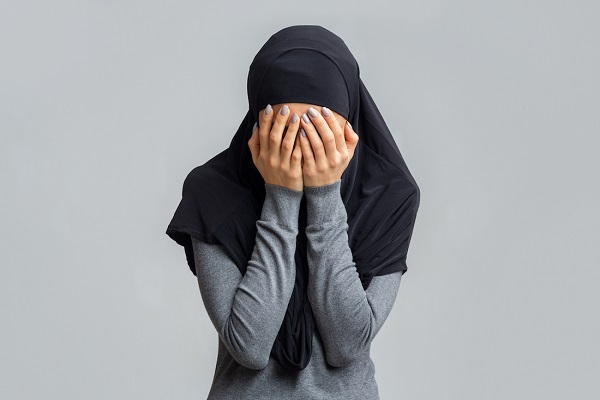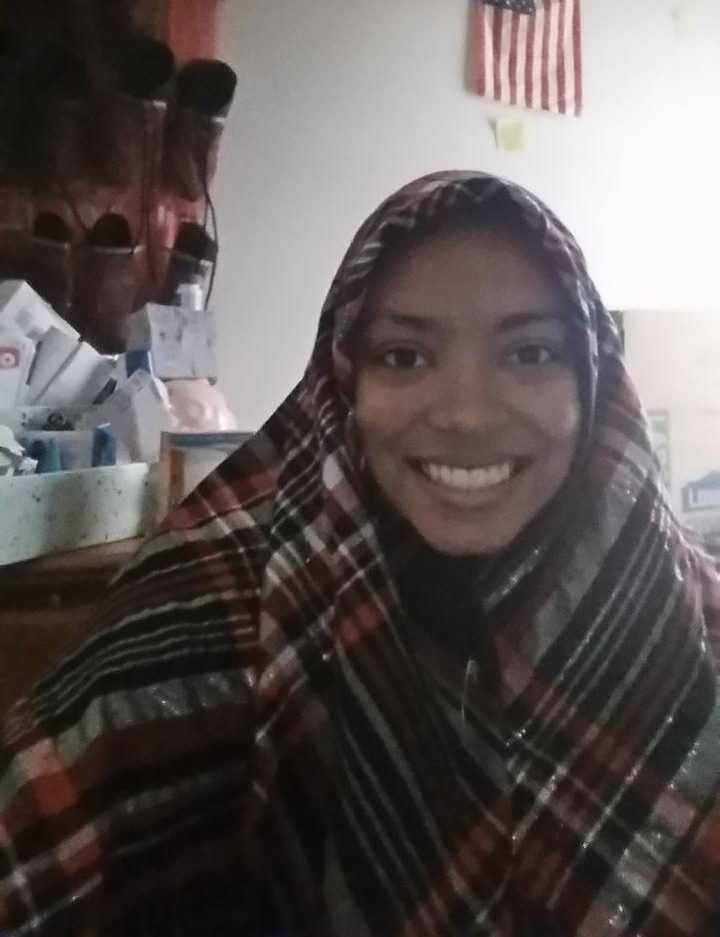According to Rahyafte(the missionaries and converts website):Emotional violence is a form of abuse to control, isolate or frighten individuals. A common misbelief is that physical violence causes more serious and long-term harm than emotional violence. In fact, the imprints of emotional abuse are similarly real and long-lasting.
The research conducted by the Islamophobia Register Australia, Charles Sturt University and Islamic Science and Research Academy (ISRA), reveals that of the 515 incidents occurred in real life circumstance, 62% were in the form of verbal threats and intimidation in contrast to 23% physical attacks and 15% property damage. The ratio of those expressing a long-term impact was similar both for verbal (24%) and physical (25%) abuse.
Inaction by surrounding people aggravated the emotional impact on victims. For instance, the most common hotspots were shopping centres (20%), construction sites and streets (14%), public transport (11%), car parks (11%) and schools or universities (11%).
Most of these hotspots were surrounded by the members of the public. Nevertheless, almost three quarters (72%) of those cases involved only the perpetrator and victim in the absence of bystander intervention.
Bystander inaction caused disappointment. A woman walking with her three sons (12, 9 and 6) in her neighbourhood was verbally harassed, laughed and filmed by group of five teen girls while no one from the surrounding people took any action. The impact was expressed by the victim as “exhausting, it’s traumatising, it’s compounded trauma, a thousand tiny cuts among the larger gashes…” (case)

Likewise, a young hijabi woman, who was verbally abused in a shopping centre during lunch time, when the crowd peaked, was surprised and disappointed to see that no one took any action. Feeling insecure in the crowd, the young woman decided to “avoid being alone or hesitant about travel to local [holiday] towns with [where] no diversity [was] present.” (Case 79-21)
Avoidance behaviour, pretending that nothing happened by ignoring and passing by the perpetrator, further aggravated the emotional impact. Avoidance behaviour was prevalent in two thirds (66%) of the physical cases. It was mainly a coping mechanism for women to avoid the escalation of the perpetrator’s hate and harassment, especially in the presence of young children.
Yet, the impact was deeper since 81% of those showing avoidance behaviour also expressed an emotional impact (in contrast to those who felt no emotion and did not show any avoidance behaviours 65%). The most commonly felt emotional impact by those showing avoidance behaviour was fear and fright followed by humiliation and disappointment.
The statistics and examples derived from the reported cases of Islamophobia inform the public and policy makers about the harm caused by Islamophobia and urge everyone to combat Islamophobia in their respective areas to protect the wellbeing of the public and contributed to the public health.
It is essential to report Islamophobia incidents to the Islamophobia Register Australia to minimise harm and contribute to the wellbeing of the Muslim community. The Register collects Islamophobia incidents belonged to 2022 and 2023. Those cases are essential to raise awareness and combat Islamophobia through the Islamophobia in Australia reports and the Register’s advocacy work.
Furthermore, it is essential for the victims of Islamophobia to feel supported. The Register provides victim support services to minimise harm and pursue legal paths to cope with Islamophobia both psychologically and legally.
By Derya Iner (Associate Professor at CISAC Charles Sturt University)
The article was first published on Australian Muslim Times website on April 24, 2023.
iqna




















